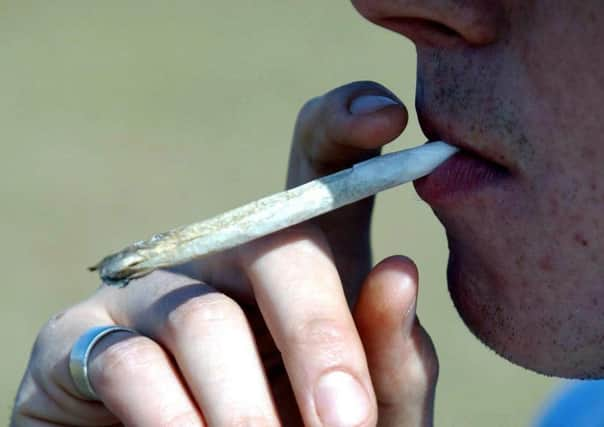Police issue warning to drug drivers


GMP’s annual summer drug and drink drive operation launched today and the new crackdown is the first operation since the introduction of new legislation earlier this year, which makes it an offence for motorists to drive with certain drugs above a specified level in their blood.
Officers can now test for cocaine and cannabis at the roadside using a drug screening device and if drugs are detected, the driver will be arrested and taken to a police station for a blood test.
Advertisement
Hide AdAdvertisement
Hide AdPolice have always encouraged drivers to have ‘none for the road’, and this applies to drugs as well as alcohol.
Inspector Susan Redfern from GMP’s Serious Collision Investigation Unit said: “There is a misconception amongst drivers that they won’t get caught if they drug drive but with new legislation and drug-testing kits, it is easier than ever for us to catch you. Driving under the influence of alcohol or drugs, whether legal or not, can seriously impair your ability to drive and jeopardises people’s safety on the roads and we’ll use every tool at our disposal to stop this from happening.
“If you’re socialising this summer then please plan ahead and book a taxi, check public transport times or stick to none for the road.
“If you know of somebody driving under the influence of drink or drugs then please do the right thing and call us on 101 or Crimestoppers anonymously before they kill themselves or somebody else.”
Advertisement
Hide AdAdvertisement
Hide AdThe traffic unit will be hosting a twitterchat on drink and drug driving later on this month. Follow @gmptraffic and @gmpolice feed and post questions using #AskGMP
To report a drink or drug driver, call Greater Manchester Police on 101 or 999 if they pose an immediate danger to themselves or others.
Alternatively, please call Crimestoppers anonymously on 0800 555 111.